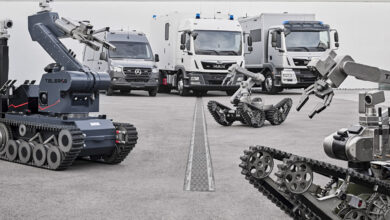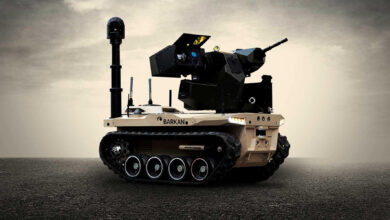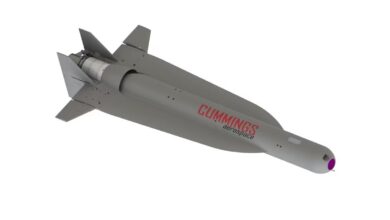BANC3 to Provide Fire Control System With Augmented/Mixed Reality for US Army
Tech company BANC3 has received a contract to develop a fire control system with augmented/mixed reality (AR/MR) capabilities for the US Army.
The agreement advances Phase III of a multi-year “AR/MR for Live Fire Ranges” project seeking a fire control capability for Mounted Machine Optics with a dual-purpose airburst ammunition programming unit.
The platform leverages BANC3’s AR/MR technologies for integrated fire produced during the effort’s initial phases.
BANC3’s AR/MR has a standalone optical head-mounted display simulating combat scenarios and virtual threats for marksmanship training.
The resulting system will support warfighter preparations under the US Army Program Executive Office – Simulation, Training, and Instrumentation in Orlando, Florida.

“We are excited to continue our long-standing relationship with the Army for providing mission-critical next generation fire control systems integrating Augmented Reality capabilities, and look forward to continuing our support to the warfighter,” BANC3 CEO Babu Cherukuri stated.
“The Phase III award is a flexible contracting mechanism which provides a sole source contracting vehicle to fund any follow-on work, facilitating technology transition and commercialization of products for the warfighter to improve on existing maintenance and training efforts.”
“Further use cases include applications to streamline military logistics and inventory management, among others.”
AR Headsets for US Navy
Earlier this month, BANC3 received a contract modification to extend work on Phase II of a similar project with the US Navy.
The agreement seeks to develop a complete headset design package for marinized, rugged, self-contained AR headsets that can withstand austere environments.
The resulting headsets will be distributed to aircraft technicians to support naval aviation maintenance.
Research for the contract considered the possible effects of water resistance, thermal levels, salt fog, and electromagnetic interference.
The technology will be enhanced to meet the US Navy’s cybersecurity requirements and programmed with two-factor authentication protection without a network connection.












